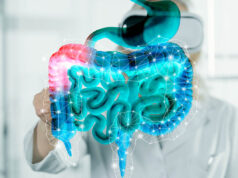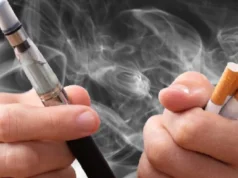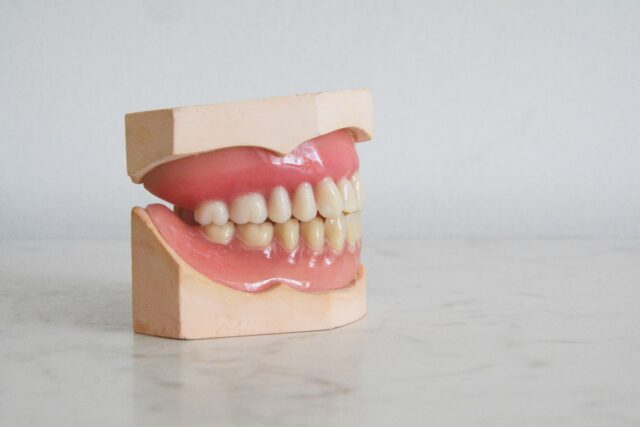
Cavities are holes that have been made in your teeth. Your mouth is a surprisingly receptive environment for bacteria. In fact, there are over 700 different strains of bacteria in your mouth. The majority of these do not cause issues and some are even beneficial. However, there is always a troublesome element.
In essence, a cavity does not cause another cavity. However, having a cavity can increase your risk of more and the likelihood of others around you getting a cavity.
The bad bacteria react with sugar in the food we eat. This causes it to release an acid into your mouth and this causes the erosion of enamel on your teeth. Once the enamel has been destroyed, the acid can eat into the softer internal structures of your teeth. This is when a hole is formed, it needs cleaning and filling to prevent any further issues from developing.
At this point, you need to see a reputable dentist, such as this Sydney Park dentist called sydneyparkdental.com.au. They can fill and protect your teeth before the bacteria eats further into your tooth and you end up needing a root canal or lose the tooth.
Cavities are surprisingly common and can be effectively dealt with. But, you do need to have regular checkups to ensure your teeth are looked after.
The Contagiousness of Cavities
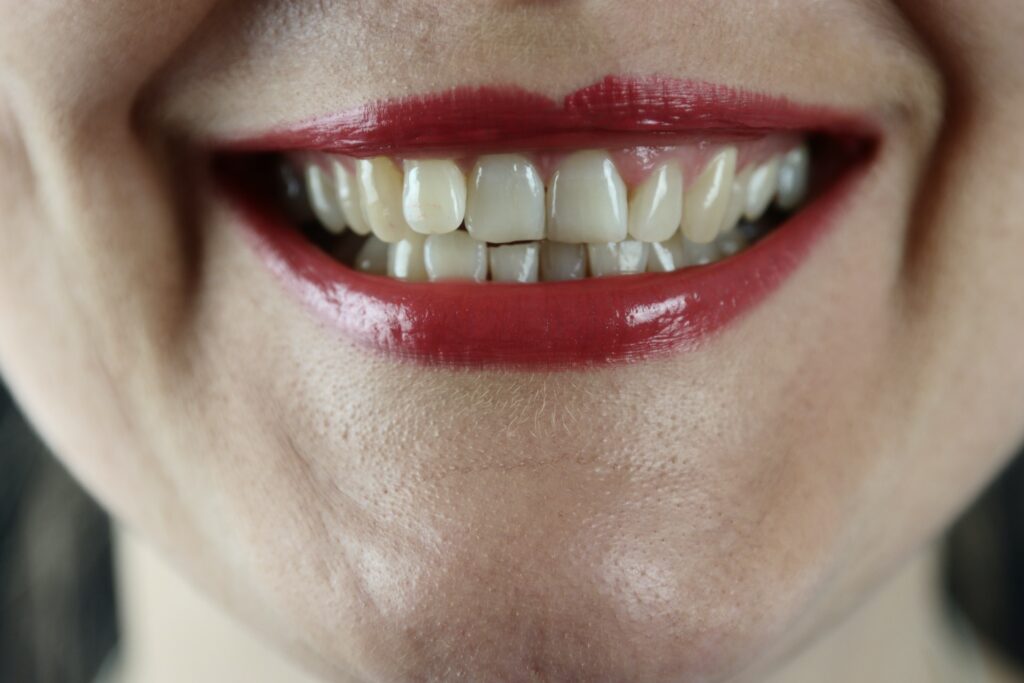
Cavities don’t spread from tooth to tooth in the same manner as you can pass a cold on from one person to another. However, cavities form in teeth that are already susceptible. This means your tooth is potentially already damaged, perhaps has a hairline crack or receding gum line. Good oral hygiene can help to prevent this from being an issue.
Continuing to eat sugar will sustain the level of acid released in your mouth and increase the likelihood of more cavities occurring.
It should be noted that while the bacteria in your mouth are responsible for creating the acid that damages your teeth, the bacteria are not directly damaging them, it’s the acid that causes cavities.
It’s therefore impossible for a cavity to cause another cavity. However, as the occurrence of a cavity suggests poor oral hygiene the likelihood of another cavity is high.
Cavity & Bacteria
The bigger issue with cavities is that they give bacteria a place to hide. These bacteria can be easily transferred from one person to another. The bacteria can then be passed through sneezes and kisses to other people. The presence of cavities means an increased level of bacteria, increasing the risk of passing them from person to person.
There are two bacteria found commonly in your mouth:
1. Streptococcus Mutans
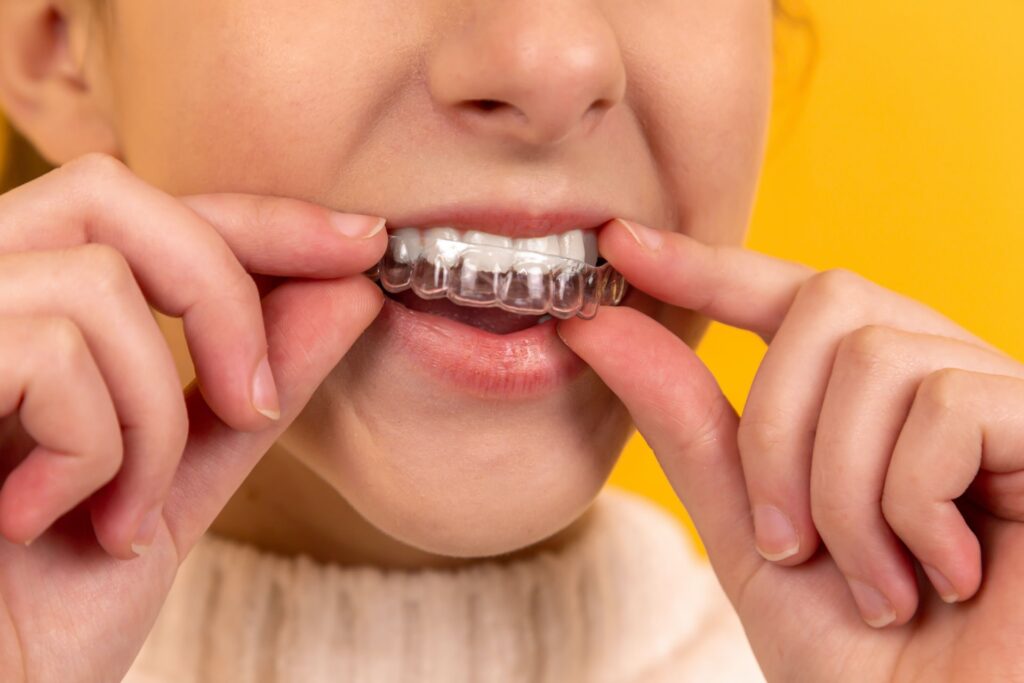
This bacterium is actually the one that causes tooth decay. As mentioned, it doesn’t directly attack the teeth but it does combine with sugar to create an acid that attacks the enamel on your teeth.
This bacteria is always present in your mouth and can be easily passed from mouth to mouth. Fortunately, it presents no other risk and good oral hygiene can prevent it from being an issue.
2. Porphyromonas gingivalis
You won’t normally find this bacteria in a healthy mouth. It usually appears in unhealthy mouths, specifically those with periodontitis.
This disease attacks your tissues and bones around the teeth. Over time they can loosen the tooth and cause serious damage. In fact, it’s one of the leading causes of dental pain and subsequent tooth loss.
Dealing With Bacteria

You have plenty of bacteria in your mouth and you can easily pick up more from kissing, touching the same surfaces, and sneezing. The problem is that once you have the bacteria in your mouth it’s virtually impossible to eliminate it.
Instead, you need to focus on managing your oral health. Brushing your teeth after every meal and flossing at least once a day can ensure that there is no food debris in your mouth. With no food debris, there will be nothing for the bacteria to attach to, dramatically reducing the likelihood of cavities forming.
You should also try to avoid sugary food and select foods that have healthy, pro-biotic, bacteria. This will help your mouth to stay healthy and keep the cavities away.
Preventing Bacteria Transfer
Bacteria is transferred from kissing, sneezing, coughing, and even sharing utensils. You may be surprised at how fast and effectively bacteria can spread between people.
The simplest way to prevent this transfer is to avoid sharing utensils and to make sure that you sneeze or cough into your arm. This will help to reduce bacterial transfer at home and reduce the likelihood of cavities.
Health Issues
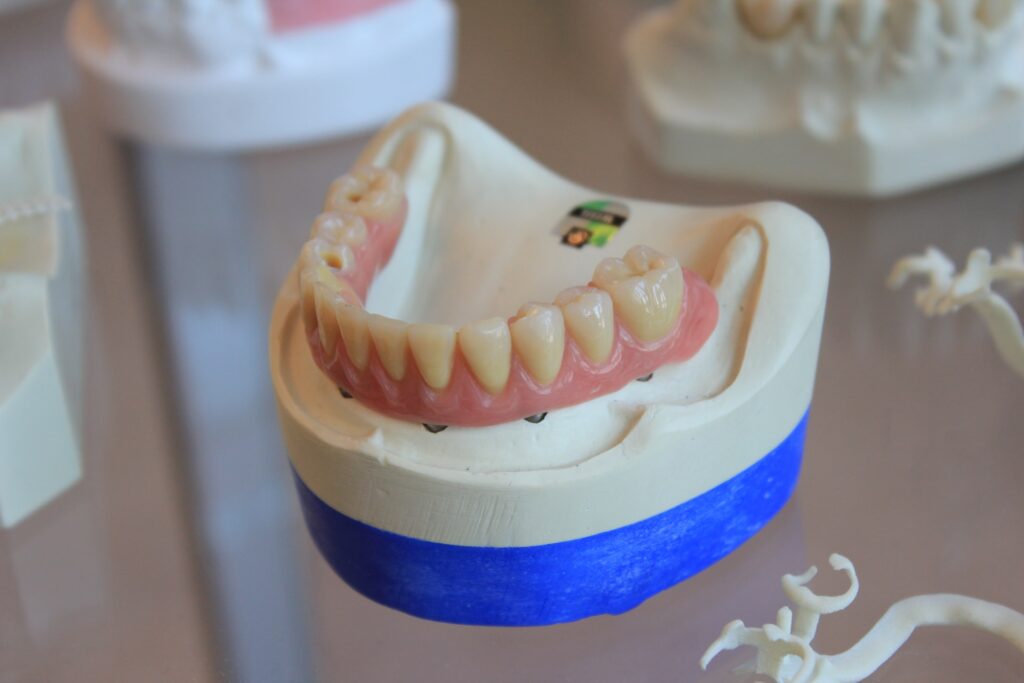
You should note that you’re not just dealing with oral health and cavities. Research shows that your oral hygiene directly affects your overall health. For example, plaque buildup in your mouth can get into your bloodstream. Once in your bloodstream, the plaque can stick to the inner walls of your arteries, starting to clog them. Ultimately, this can lead to an array of cardiovascular issues.
Equally, the bacteria in your mouth can get into the bloodstream and travel to the brain, potentially causing issues. New research suggests there may be a link between bacteria in your mouth, poor oral hygiene, and an increased risk of Alzheimer’s. More research is needed.
The Bottom Line
Having a cavity in your mouth doesn’t mean that you’ll cause more cavities in your mouth or other people’s. However, it does mean that you have a higher presence of the bacteria that can cause cavities. This bacteria can be easily transferred between people, increasing the risk of cavities.
The best way to prevent this from happening is to maintain a high level of oral hygiene yourself. You can also take steps to prevent bacteria from being transferred by avoiding sharing utensils and by paying attention when you sneeze, cough, and touch things.
Of course, good oral hygiene involves brushing at least twice a day and flossing once. This is something that everyone can get in the habit of doing, it’s beneficial for you and your family and friends.


